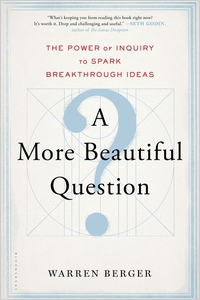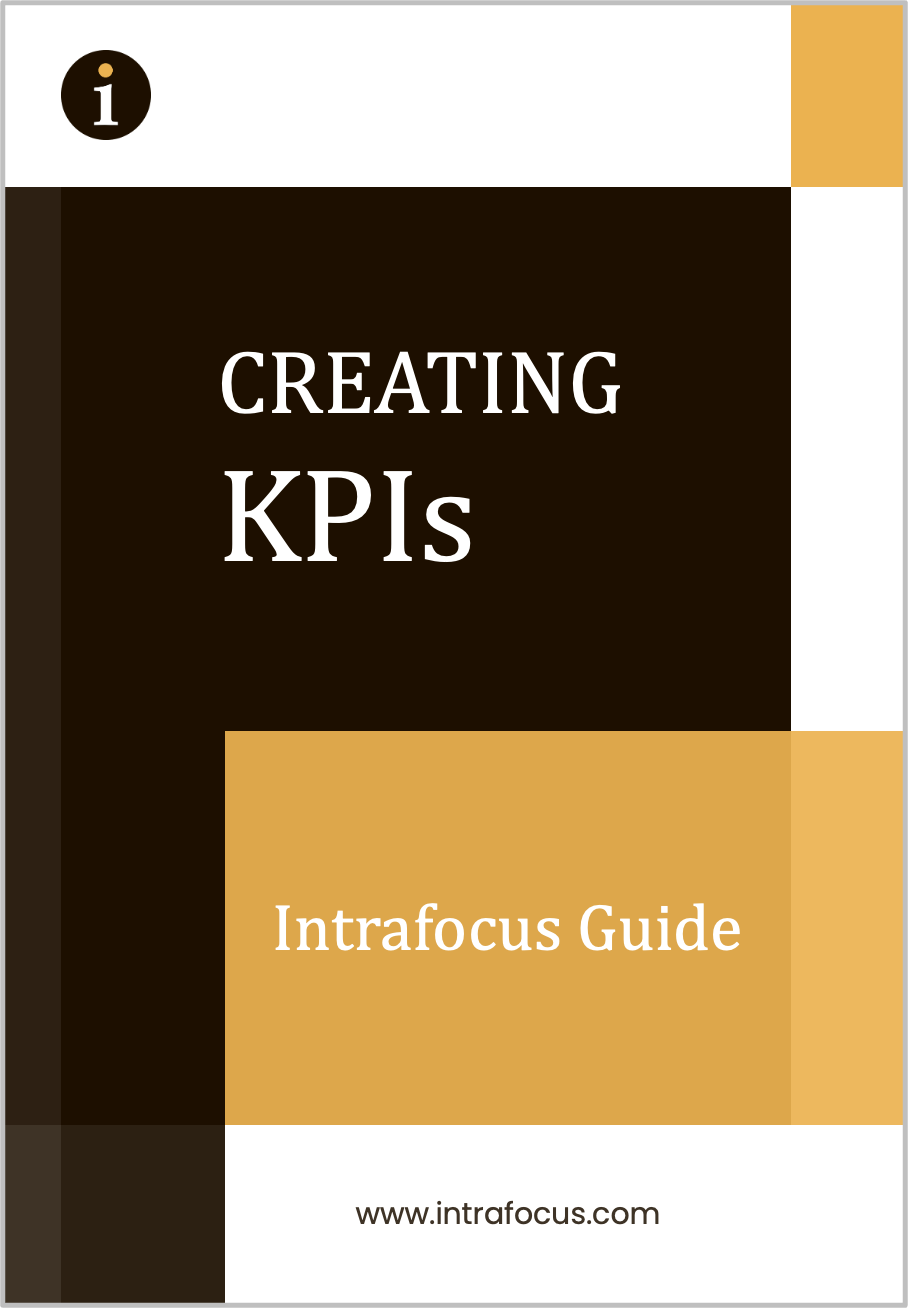“Yes we are all hungry for answers. But first we have to learn how to ask the right questions.” Says Warren Berger about his latest book, A More Beautiful Question. Berger is an author and journalist who has spent the best part of his career profiling a wide range of highly creative people and companies. He has shared best practices and innovation secretes with his readers with the intent to promote change-making thinking to improve life and business.
The book, published by Bloomsbury, starts with the premise that there is a vastly under-utilised and simple tool available to us all. That is; the ability to question deeply and imaginatively to help solve problems and come up with game-changing ideas. The book examines why this innate ability, so prevalent in young children, “falls of a cliff” as we get older. Berger questions why we are not nurturing our children, what schools can do and what business leaders should be doing to exploit and encourage questioning in the workplace.
As an example of his approach, Berger even questions one of the most sacrosanct areas of business, the Mission Statement. He asks why it can’t be a Mission Question? In his view, many mission statements appear arrogant, ‘corporate’ or ‘official’ and therefore not really human. He suggests that in may be more appropriate to transform a static statement into an open-end, fluid mission question that demonstrates ambition. He provides the example “We make the world a better place through robotics” and turns it into “How might we make the world a better place through robotics?”
At first, this new way of thinking seems a bit alien, but through examination it actually appears to have many benefits. By articulating a mission statement as a question humanises the proposition. It tells the world that this is what we are striving for. It states we are not there yet and it acknowledges that there is room for change, adaptability and new possibilities. It makes us appear more receptive and maybe a little fallible, after all we are human.
Berger suggests that the most creative, successful people tend to be experts when it comes to asking the right questions. Using examples from businesses like Google and Netflix he illustrates how questioning is encouraged as part of business-life in these organisations. He looks at individuals who through a ‘beautiful question’ have changed lives and the world around them.
A Beautiful Question is not just a business book, Berger takes time to explore questioning in school, in business and in daily life. Daniel Pink, New York Times best selling author of Drive and To Sell Is Human says of the book:
“We know that the art of asking questions is at the heart of discovery in science, philosophy, medicine—so why don’t we extend that power to all areas of our lives? The thoughtful, provocative questions Warren Berger raises in this book are indeed the kind of ‘beautiful questions’ that can help us identify the right problems and generate creative solutions.”
A Beautiful Question is a good instructive book and will undoubtedly help the reader in the practice of innovative and beautiful questioning.


